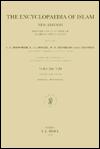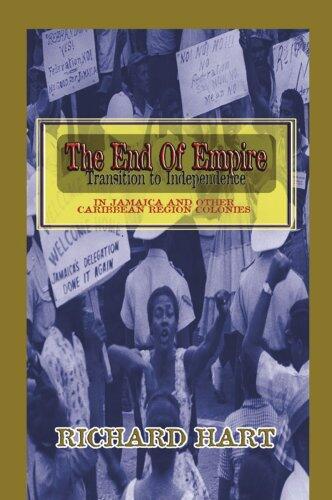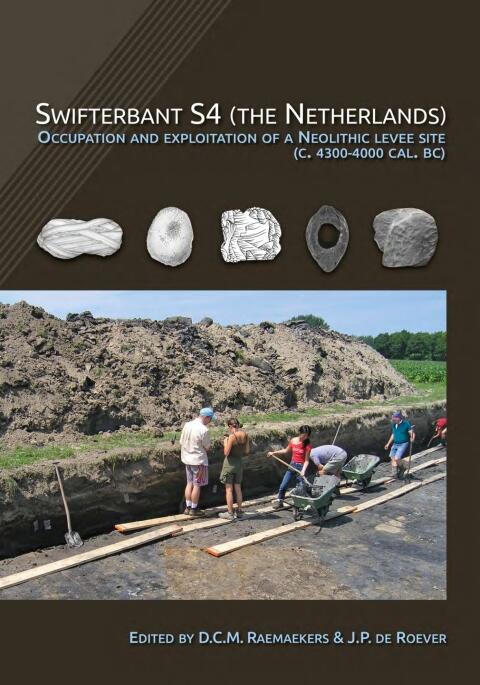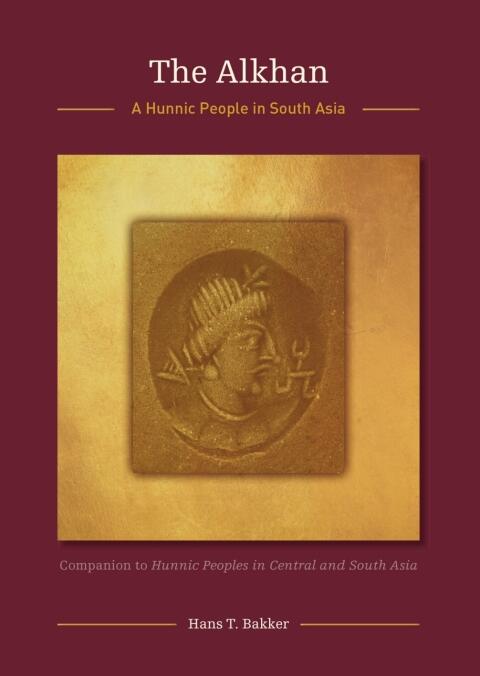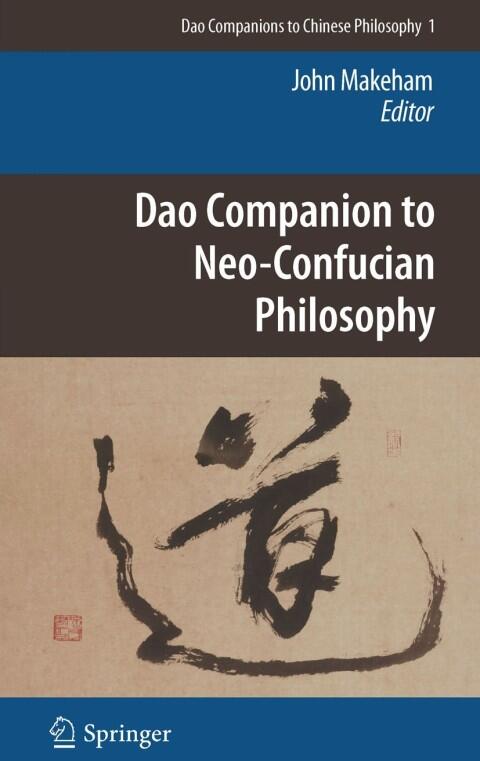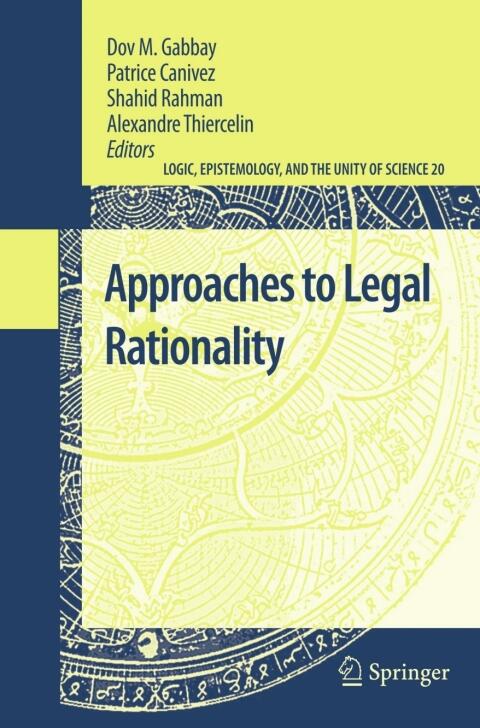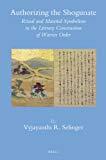
Authorizing the Shogunate
بواسطة
Vyjayanthi R. Selinger
لا توجد تقييمات بعد
Action & Adventure
History
Manga
تنسيق
غلاف صلب
صفحات
200
لغة
الإنجليزية
منشور
Jan 1, 2013
الناشر
Brill
رقم ISBN-10
9004248102
رقم ISBN-13
9789004248106
الوصف
In a meticulous exploration of Japanese history, Vyjayanthi R. Selinger delves into the complex dynamics of power and authority within the Shogunate system. The narrative unpacks the intricate relationships between various social classes and the ruling elite, revealing how these interactions shaped the fabric of feudal Japan. The author carefully examines the mechanisms through which authority was legitimized and challenged, providing readers with a nuanced understanding of the socio-political landscape of the era.
Selinger skillfully interweaves historical analysis with cultural context, illuminating the significant role of ideology in governance. By analyzing primary sources and historical documents, she draws thoughtful connections between traditions, economic structures, and the evolving nature of state power. This exploration invites readers to engage deeply with the historical forces that influenced the trajectory of Japan's political developments.
The work is not merely a chronicle of past events; it serves as a vital analysis of how history informs contemporary understandings of authority and governance in Japan and beyond. Through her thorough examination, Selinger encourages readers to reflect on the lessons that history imparts, prompting considerations about the nature of power and its implications for modern society.
With insightful commentary and a well-researched framework, this publication stands as an essential contribution to Japanese studies, appealing to scholars, students, and anyone interested in the intricate tapestry of Japan's historical governance. Selinger’s meticulous attention to detail breathes life into the past, making it resonate with relevance for today’s issues surrounding authority and legitimacy.
Selinger skillfully interweaves historical analysis with cultural context, illuminating the significant role of ideology in governance. By analyzing primary sources and historical documents, she draws thoughtful connections between traditions, economic structures, and the evolving nature of state power. This exploration invites readers to engage deeply with the historical forces that influenced the trajectory of Japan's political developments.
The work is not merely a chronicle of past events; it serves as a vital analysis of how history informs contemporary understandings of authority and governance in Japan and beyond. Through her thorough examination, Selinger encourages readers to reflect on the lessons that history imparts, prompting considerations about the nature of power and its implications for modern society.
With insightful commentary and a well-researched framework, this publication stands as an essential contribution to Japanese studies, appealing to scholars, students, and anyone interested in the intricate tapestry of Japan's historical governance. Selinger’s meticulous attention to detail breathes life into the past, making it resonate with relevance for today’s issues surrounding authority and legitimacy.



